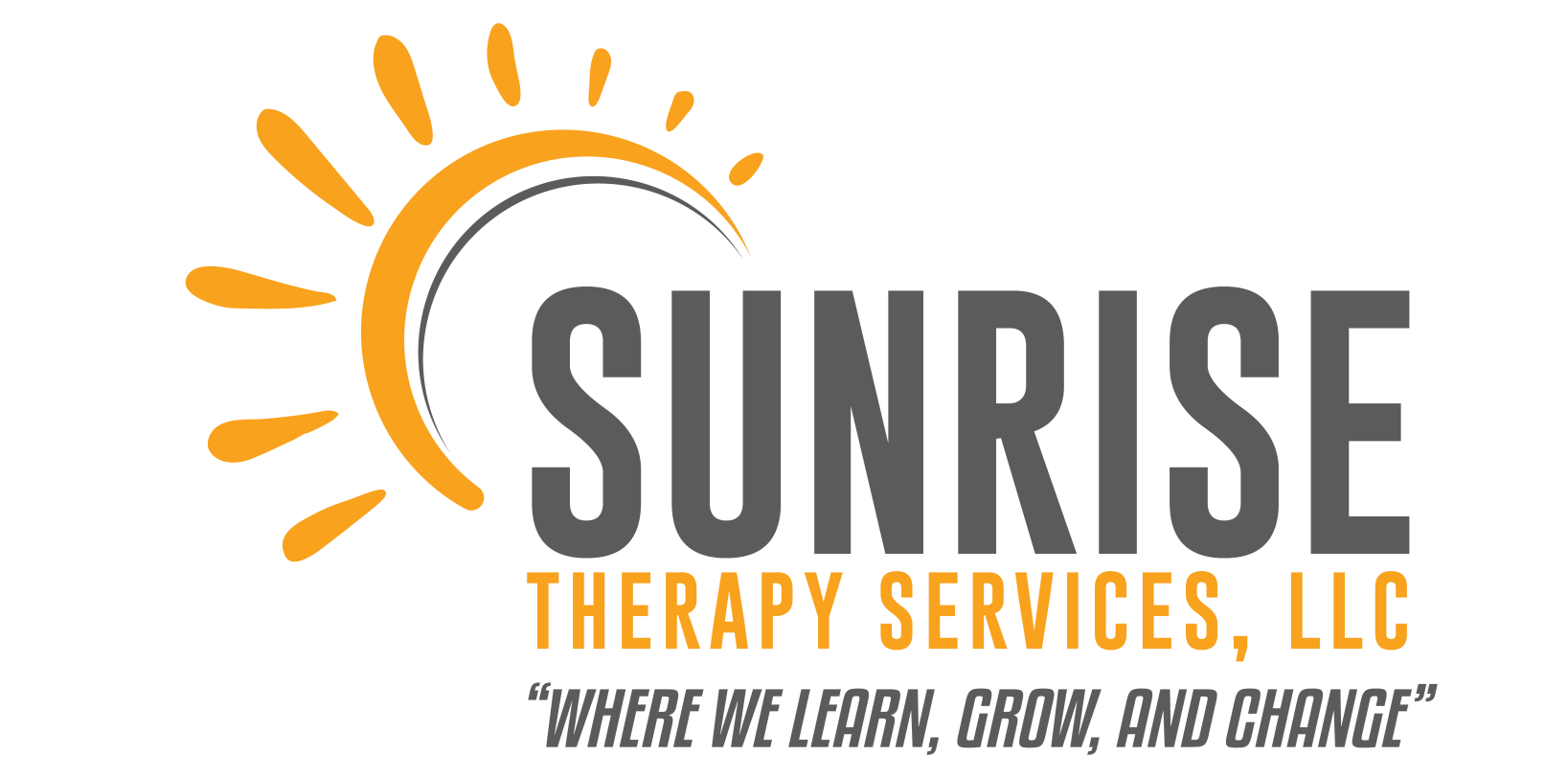What is EMDR Therapy?
What is EMDR Therapy?
According to the EMDR International Association (EMDRIA), “EMDR is a structured therapy that encourages the client to focus briefly on the trauma memory while simultaneously experiencing bilateral stimulation (typically eye movements), which is associated with a reduction in the vividness and emotion associated with the trauma memories.”
Who:
- Anxiety
- Panic
- Phobias
- Chronic Illness
- Eating Disorders
- Depression
- Bipolar
- Grief
- Pain
- Sexual Assault
- Sleep Disorders
- Post Traumatic Stress Disorder
- Substance Use
- Performance Anxiety
- Violence and Abuse
- Dissociative Disorder
More About EMDR From EMDRIA:
- EMDR focuses on the brain’s ability to constantly learn, taking past experiences, and updating them with present information.
- EMDR processing helps you break through the emotional blocks that are keeping you from living an adaptive, emotionally healthy life.
- EMDR uses rapid sets of eye movements or alternating tapping to help you update disturbing experiences, much like what occurs when we sleep.
- During sleep, we alternate between regular sleep and REM (rapid eye movement). This sleep pattern helps us process things that may be troubling. EMDR replicates this sleep pattern by alternating between sets of eye movements and brief reports about what you are noticing. This alternating process helps you update your memories to a healthier present perspective.
Asked Questions About EMDR:
What can I expect in an EMDR session? Will I get emotional?

Every EMDR session is different. You may get emotional. You will be prepared by your EMDR trained therapist to safely manage whatever emotions come up.
Will I be hypnotized doing EMDR?

No, when you are processing in EMDR you are fully present and in control.
Will EMDR make me sleepy?

Many clients find that they get tired during EMDR sessions. A lot of people don’t really realize how intensely connected our emotions and our bodies can be.
Your body has stored the physical aspect of the memory and through EMDR therapy, physical trauma and symptoms are being released from your body. Clients tend to be fatigued after these sessions because of the strong physical and emotional trauma that was released. Your body needs time to heal!
Remember, the short-term discomfort you may experience is worth the long-term healing in EMDR therapy. Your EMDR therapist is here to hold space for you, to honor your experience and be your safety net if you need it. EMDR can help bring a sense of relief.
Frequently, EMDR is one of many different treatment approaches that will be used to help you meet your treatment goals. Your EMDR trained therapist will continue to assess and determine the best course of treatment for you.
If you would like to schedule an appointment or learn more, ask about our EMDR Trained Clinicians and scheduling an appointment to determine if EMDR is the best fit for you. We are here to help and happy to assist you!

EMDR Light Bar

